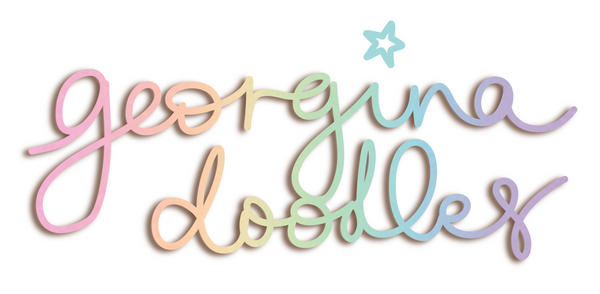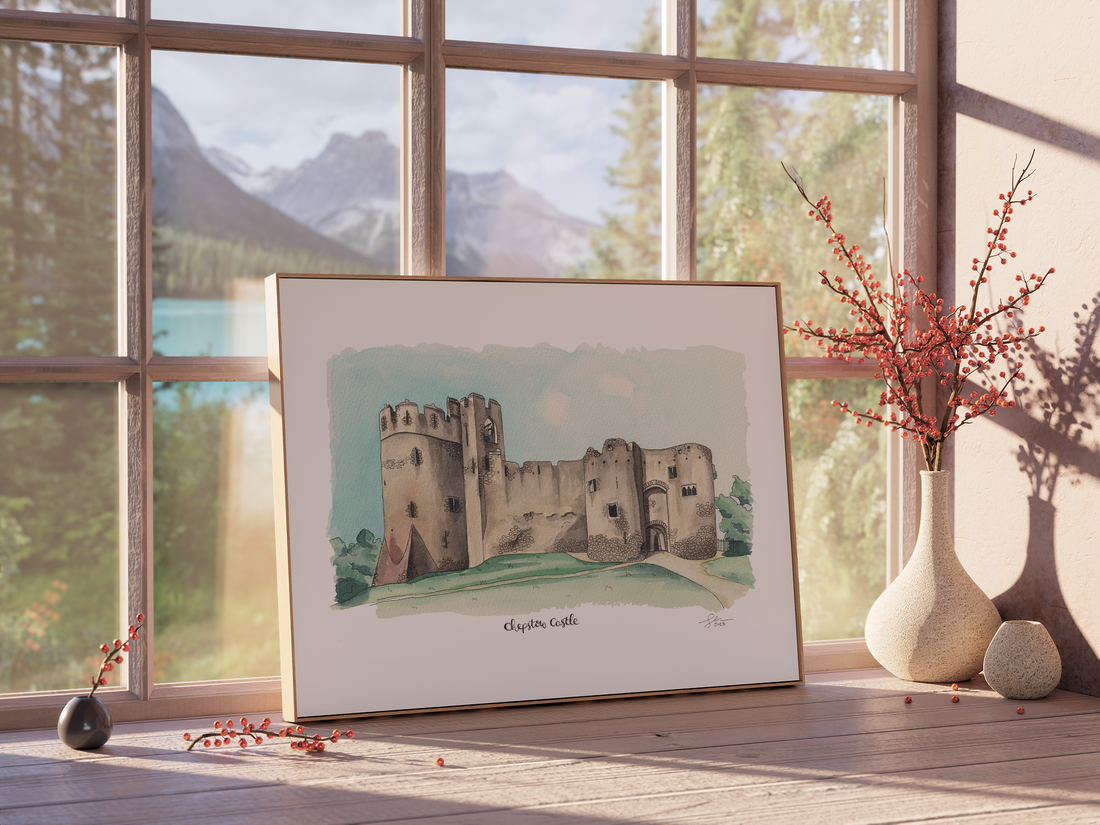If you've reached the point in your journey with art where you're thinking about selling it, I have a few pointers for you.
Firstly, I'm by no means an expert - I've been doing this since Dec 2020 online, and sporadically out in the real world for the past 25 years. A little bit about me: I've been drawing since I was 2 and always dreamed of a career in art. I studied Art & Design at college, then Graphic Design. During those years I learned some very valuable lessons. Lessons I'll share with you today.
I think it's fantastic that you've taken up art, for me, art is the most rewarding and fulfilling job I could ever imagine. It's challenging too, but given the choice, I'd never do anything else.
When I'm creating a piece of art which I intend to sell (usually prints of an original, or lino prints), I ask myself a series of questions.
- Is it done? Am I at risk of overworking it?
This is such a tricky one, and one that only experience will really teach you. Learning the tipping point of when a piece of work is 'done' and 'overworked' is a knife edge and can easily go either way. And when I say 'done' obviously you'll never be completely happy with it. As artists we're our own biggest critics, we'll know there's always room for improvement, and so often the piece we produce doesn't quite look like we imagined it would.
- Would I buy it?
Next filter I put it through is the 'would I buy it' filter. I look at my studio wall and visualise it, framed, up on the wall. Would it look good? Am I proud of it? Being proud of it and it being framed and wall worthy can be two different things... hell, I was proud of my drawings when I was two, but they're not really what you'd frame and put above your fireplace.
- Would it look out of place in a shop or gallery?
I'm not saying you have to be producing gallery quality work to think about selling it, but again, this is one of my filters and considerations when I'm creating art. When I say shop, I don't just mean physical shops, but online shops. Think about the customer, what they might be looking for, what they'll expect, the quality of your work. Think to yourself, if you visited someone's home and saw that piece of art on their wall, would you ask where they bought it? Not all our work will be statement pieces, they may be small pieces of simple flowers or shells, but that doesn't mean there isn't a home out there waiting for that exact piece to adorn their wall.
- Is it good enough?
This will sound harsh, but again, it's one of my filters, it's actually my number 1 question I ask myself. Being objective of your own work is HARD. What helped me was my experience at college and uni. We had weekly critique sessions. We'd stand up in front of the class and critique our own work, say out loud everything that is wrong with it. Then the rest of the class would do the same to their work, and everyone elses. It sounds brutal, but it isn't mean, it's done to help you be able to be objective when looking at your work. This skill has stood me in good stead and is one of my most valuable skills.
I hope these tips help, they are genuinely the processes I go through with every piece of art I create.
In the various online sellers groups I’m in, I see a lot of people who’ve taken up drawing/art and want to sell their work. I love seeing people take up art and start creating, art brings me the greatest joy and has done all my life.
I know times are tight, and we’re all trying to do our best to pay the bills or make some extra money but the biggest advice I can offer anyone who’s interested in selling their work is to ask yourself first, is your art ready for selling yet? Think about the quality of your work, would you buy it if you saw it in a shop? Would it look out of place on a gallery wall? Be objective, be critical. When I was in art college we had to do weekly critiques of our work and each other’s, it was brutal, but it helped to be objective (a skill that’s difficult to master!).
If you feel it is ready to sell, look online and see what other people are selling their work for, does the quality compare? If you’re just starting out, you’ll struggle to sell your work for the same price as more established artists, it takes time to build up your repertoire and name, as you do, your prices will increase, but this takes time and patience.
Whether your work is ready to sell or not, keep practicing, draw daily, paint different things, find out what you’re best at and keep at it. If you’re work isn’t quite there yet, it will be one day if you keep at it.

